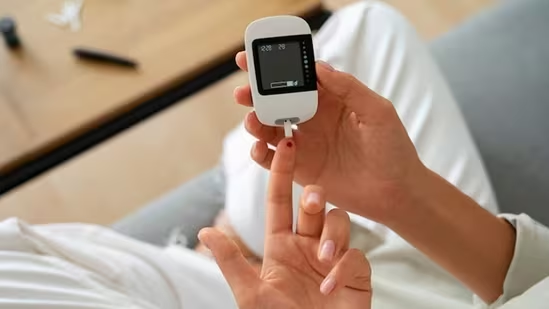In todays fast-paced world, many of us find ourselves battling to achieve a good nights sleep. With constant stress, screen time, and the demands of modern life, quality rest is slipping out of reach for millions. The consequences of poor sleep go far beyond fatigue — it can impair our immune system, diminish cognitive function, and even increase the risk of chronic illnesses. So, if you are ready to transform your sleep, here is a comprehensive guide filled with proven tips and strategies.
Establish a Consistent Sleep Schedule
Your body is internal clock, or circadian rhythm, plays a crucial role in your sleep-wake cycle. Creating a regular bedtime and wake-up routine trains your brain to recognize when it is time to rest and when it is time to be alert. Aim to go to bed and wake up at the same times every day, even on weekends. By sticking to a consistent schedule, your body will naturally prepare itself for sleep, making falling asleep and waking up easier.
Create a Relaxing Bedtime Routine
A calming pre-sleep ritual signals to your body that it is time to wind down. Activities such as reading a book, taking a warm bath, practicing meditation, or engaging in gentle stretching can work wonders. Avoid stimulating activities like using electronics or consuming upsetting news or content before bedtime.
Pro Tip: Consider dimming the lights an hour before bed. Reduced light exposure can help your body produce melatonin, the hormone that promotes sleep.
Optimize Your Sleep Environment
Where you sleep has a significant impact on the quality of your rest. Take some time to evaluate your bedroom environment and make it as comfortable as possible.
Temperature: Your room should be cool but comfortable, ideally between 60 and 67 degrees Fahrenheit (15.6–19.4 degrees Celsius). Darkness: A dark room helps signal to your brain that it is time to rest. Use blackout curtains or an eye mask to block out light.
Noise Control: Use earplugs or a white noise machine to drown out disruptive sounds. Bedding: Invest in a supportive mattress, comfortable pillows, and breathable, high-quality sheets. These seemingly simple items can have a major impact on how well you sleep.
Limit Blue Light Exposure Before Bed
Blue light emitted from screens — such as smartphones, tablets, and computers — interferes with your body is production of melatonin. To promote better sleep, it is best to minimize screen time at least an hour before bed. If you need to use electronic devices in the evening, consider using a blue light filter or glasses that block blue light.
Get Plenty of Natural Light During the Day
Exposure to natural sunlight during the day, particularly in the morning, helps regulate your circadian rhythm. Daylight exposure increases serotonin levels, which can help you feel more alert during the day and promote a restful sleep at night. Make it a point to spend time outdoors or near a window if possible.
Exercise Regularly (But Time It Right)
Exercise is a fantastic way to improve overall health, and it also promotes deeper, more restful sleep. People who engage in regular physical activity tend to fall asleep faster and enjoy better quality sleep. However, intense exercise close to bedtime may have the opposite effect, leaving you feeling too energized to sleep. Aim to finish workouts at least three hours before hitting the sheets.
Manage Stress and Anxiety
Stress and anxiety are common culprits behind insomnia and poor sleep. To manage your stress, try incorporating relaxation techniques into your daily routine:Meditation: Spend 5–10 minutes in mindfulness meditation each day to reduce stress. Breathing Exercises: Practice deep breathing exercises, such as inhaling deeply for four counts, holding for four counts, and exhaling for four counts. Journaling: Writing down your thoughts and worries before bed can help clear your mind and alleviate anxiety. If stress and anxiety are persistent problems, consider speaking with a therapist or counselor for additional support.
Seek Professional Help If Needed
If you are consistently having trouble sleeping despite following good sleep hygiene practices, you may have an underlying sleep disorder, such as insomnia, sleep apnea, or restless leg syndrome. A sleep specialist can help diagnose and treat these issues to improve your rest. Prioritizing sleep is one of the most impactful things you can do for your physical and mental well-being. It is worth investing the time to establish a consistent routine, optimize your sleeping environment, and adopt habits that promote deep, restful sleep. Whether it is tweaking your bedroom is lighting or managing stress, every small change you make can bring you closer to restorative rest. So tonight, take the first step to better sleep. Your mind and body will thank you!















Comments
Leave a comment